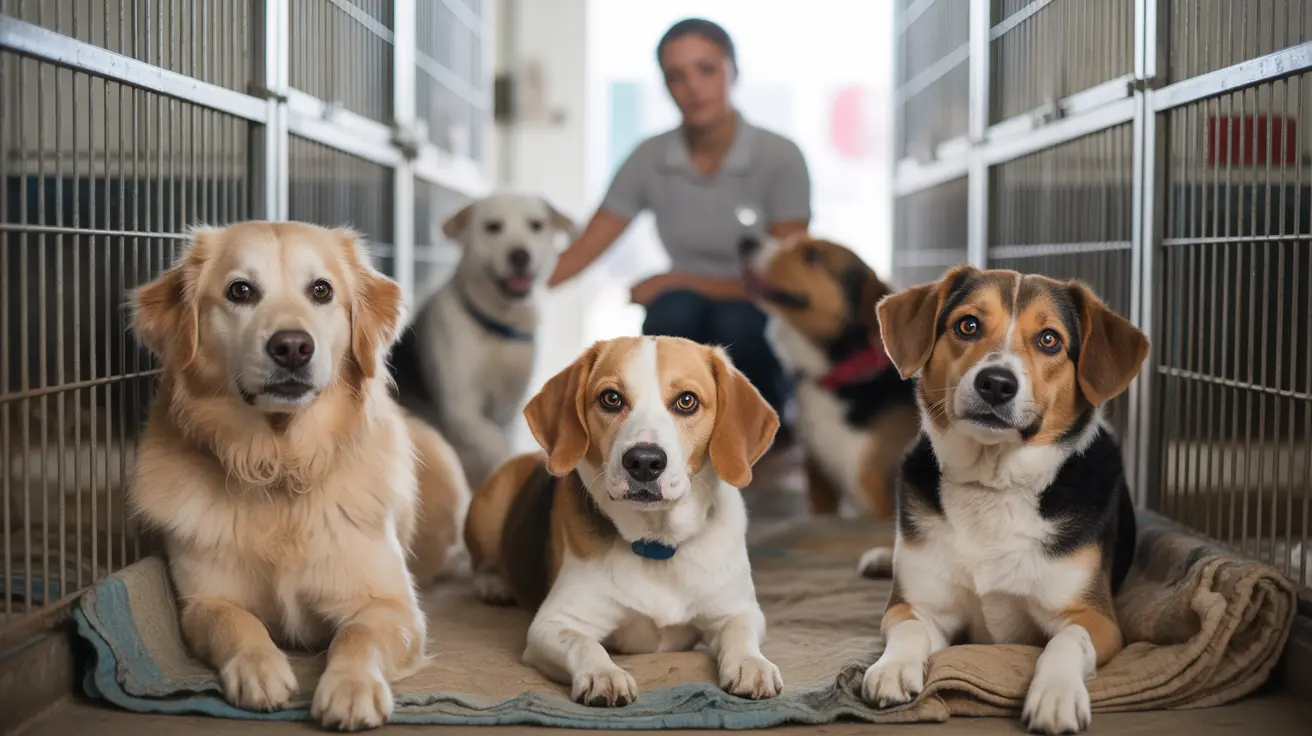Understanding Commercial Dog Breeding Shelters
Commercial breeding facilities, often referred to as puppy mills, frequently prioritize profit over the welfare of their animals. The dogs arriving at the Northeast Animal Shelter represent various specialty breeds that have spent their lives in these facilities, with limited human interaction and often substandard living conditions.
Specialty Breed Rescue Dogs
The incoming group includes multiple breeds that will receive specialized care tailored to their specific needs. Each dog will undergo thorough medical evaluations and begin their journey toward becoming family pets, a significant transition from their previous lives as breeding dogs.
Puppy Mill Dog Rehabilitation Process
The rehabilitation process at MSPCA-Angell focuses on several key areas:
- Medical assessment and necessary treatments
- Behavioral evaluation
- Socialization with humans and other dogs
- Basic training and confidence building
- Adaptation to normal household environments
Rescue Dog Socialization
One of the most crucial aspects of rehabilitation is proper socialization. These dogs typically need to learn basic skills that most family pets take for granted, such as:
- Walking on a leash
- Responding to human touch
- Navigating household sounds and activities
- Interacting with other pets
- Basic commands and house training
MSPCA-Angell Adoption Process
The shelter's experienced team will work to match each dog with appropriate adopters who understand the unique challenges and rewards of working with puppy mill survivors. Potential adopters will receive education and support to ensure successful transitions into their new homes.
Frequently Asked Questions
What special care do puppy mill rescue dogs typically need when adopted?
Puppy mill rescue dogs often require medical treatment, behavioral rehabilitation, and patience with socialization since many have experienced neglect, fear, and minimal human interaction in commercial breeding facilities.
How can I prepare my home for adopting a rescued dog from a puppy mill?
Prepare a quiet, secure space with limited noise and provide basic supplies like a leash, collar, proper bedding, baby gates to limit roaming, and a calm environment. Introducing gradually and having another confident dog in the home can aid adjustment.
What are the benefits and challenges of adopting a former puppy mill dog?
Adopting a mill dog offers a second chance and helps reduce demand for unethical breeders, but it also requires patience due to possible health issues, fearfulness, and the need for behavioral rehabilitation.
Supporting Second Chance Rescue Dogs
The arrival of these dogs at MSPCA-Angell represents hope for both the animals and the families who will eventually adopt them. Through proper care, patience, and understanding, these former breeding dogs can overcome their challenging beginnings and thrive in loving homes.
For those interested in supporting this vital work, the MSPCA-Angell at Northeast Animal Shelter welcomes inquiries about adoption and continues to provide resources for successful transitions from puppy mill survivor to beloved family pet. This rescue effort serves as a reminder of the importance of choosing reputable sources when adding a pet to the family and supporting organizations that work to end commercial breeding practices that prioritize profit over animal welfare.






